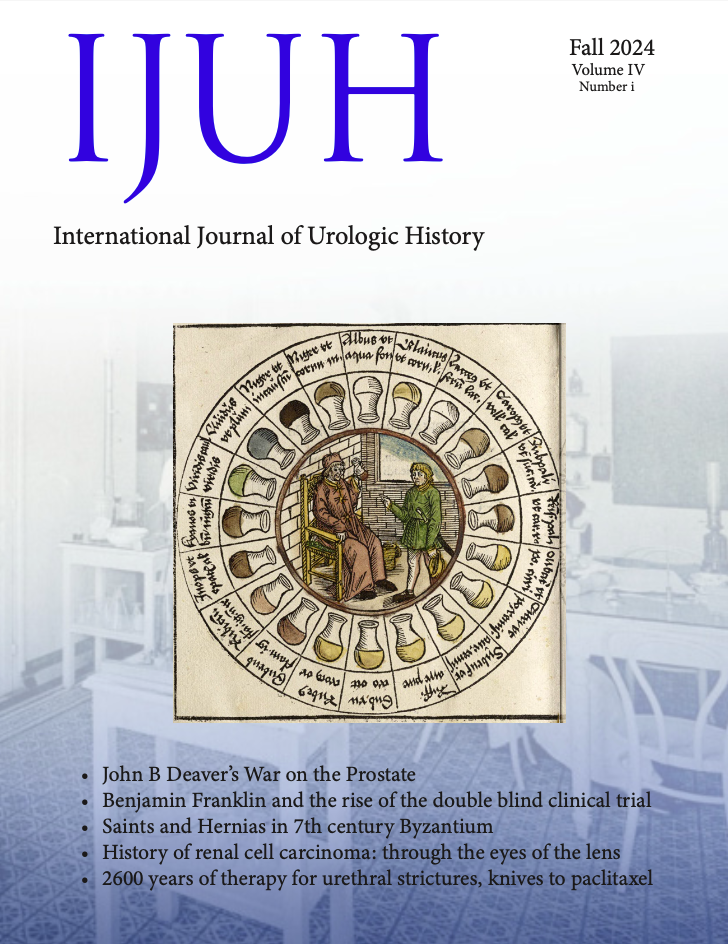John Blair Deaver’s War on the prostate
Abstract
Introduction
John Blair Deaver was an iconic American surgeon who rose in prominence at the outset of the 20th century when the specialty of urology was in its infancy. By some accounts he was a difficult personality and made an enemy of J. William White, the then Chair of surgery at the University of Pennsylvania. Deaver was also known as a brilliant operative surgeon and educator, performed over 15,000 appendectomies, and invented his eponymous retractor very much in use today. Known more as an abdominal surgeon than a urologist, he still made contributions to the urologic literature and he himself became a revered expert in prostatectomy. We aimed to clarify the contemporary biography of Deaver and his influence in the creation of the modern urologic armamentarium.
Sources and Methods
We used primary source materials from the archives of the University of Pennsylvania, the National Library of Medicine, the Wellcome Fund, the Lancaster County Medical Society, the Medical History Library of the University of Pennsylvania, the Medical Society of the State of New Jersey, the American College of Surgeons, and published literature.
Results
Deaver was a general surgeon and proponent of early appendectomy and “preventative surgery”. He devised the retractor that bears his name to allow surgical exposure through small incisions. He was particularly skilled at suprapubic prostatectomy for benign diseases, for the endoscopic management of urethral stricture, and of ureteral stone disease. His Saturday teaching clinics for practicing surgeons became a world-wide phenomenon in his lengthy career. He foresaw the rise of surgical specialists and recognized the need for surgeons of the future to embrace expertise in a precise field. At the same time, he called for increasing communication among medical and surgical fields and a dedication to lifelong excellence. Two quotations credited to Deaver, which encompassed his simple philosophy regarding surgical interventions were “Cut well, get well, stay well” and “Let the patient heal”.
Conclusions
Deaver’s death in 1931 ended the life of one of surgery’s titans, an innovative force in surgical skill and education. His death while undergoing therapeutic radiation serves as an ironic metaphor that those who serve may not reap similar benefits.
